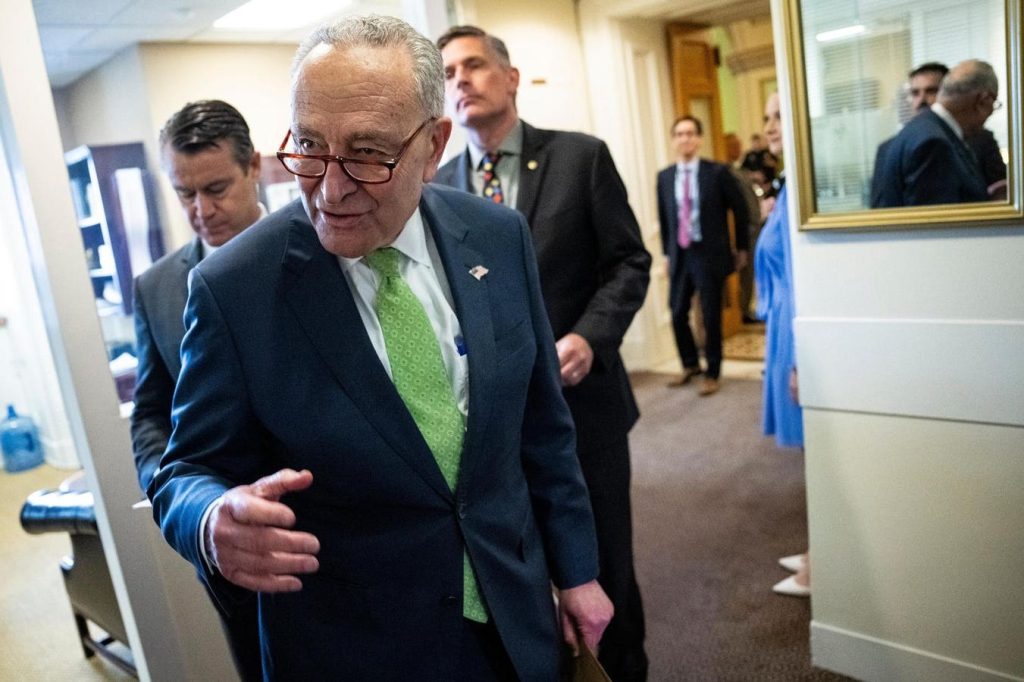Democrats in Washington have launched a vigorous campaign against Big Oil, initiating at least five separate probes into U.S. oil companies’ activities. One notable case involves the Federal Trade Commission (FTC) accusing former Pioneer Natural Resources CEO Scott Sheffield of colluding to inflate oil prices. Despite the speculative nature of the case, it has had severe consequences, including Sheffield being barred from joining ExxonMobil’s board after the company’s acquisition of Pioneer. The accusations set a dangerous precedent that could deter future mergers and acquisitions in the energy sector.
Senate Democrats have also called on U.S. Attorney General Merrick Garland to investigate possible antitrust and price-fixing violations within the oil industry, claiming that “Big Oil’s alleged collusion with OPEC is a national security concern that aids countries looking to undermine the U.S.” Senate Majority Leader Charles Schumer has also requested the FTC block Chevron’s pending acquisition of Hess. Democrats are pressing for actions that could potentially impact future mergers and acquisitions within the oil industry.
House Democrats have launched their own probe into potential collusion among oil companies to artificially increase gasoline prices. They have also initiated inquiries into deceptive climate action practices and scrutinized the funding of academic research by oil companies. Despite the speculative nature of some of these accusations, Democrats are taking a more coordinated approach this time with leadership led by Schumer, who could potentially use these investigations to score political points with progressive and young voters ahead of the November elections.
With control of the Senate, Democrats may use the investigations to subpoena oil executives for public hearings, creating a platform for public criticism that could boost their political standing with key voting blocs. These efforts may be aimed at enhancing Democrats’ climate credentials and rallying their broader coalition ahead of the upcoming elections. However, the strategy comes with risks, as energy and climate issues have traditionally been low priorities for U.S. voters, who are more concerned about affordable prices.
The economy remains the top concern for voters, particularly in swing states, where many working Americans are more worried about gas prices at the pump than the country’s decarbonization plans. As prices increase, the influence of shareholder activism has become a polarizing force, with Republicans investigating how asset managers, proxy advisors, and shareholder activists collaborate to impose ESG policies on companies. These investigations suggest that the oil industry responds to market forces and shareholder direction rather than political agendas.
Regardless of the outcomes of the investigations, the visual impact of summoning oil executives for public hearings could be the political win that Democrats are seeking. By taking a unified stance against Big Oil, Democrats may be trying to bolster their climate credentials and appeal to environmentally conscious voters. However, the success of this strategy remains uncertain, as energy markets are unpredictable, and a price spike before the election could leave Democrats vulnerable. Ultimately, the investigations exemplify the ongoing tension between political rhetoric and market dynamics within the oil industry.












